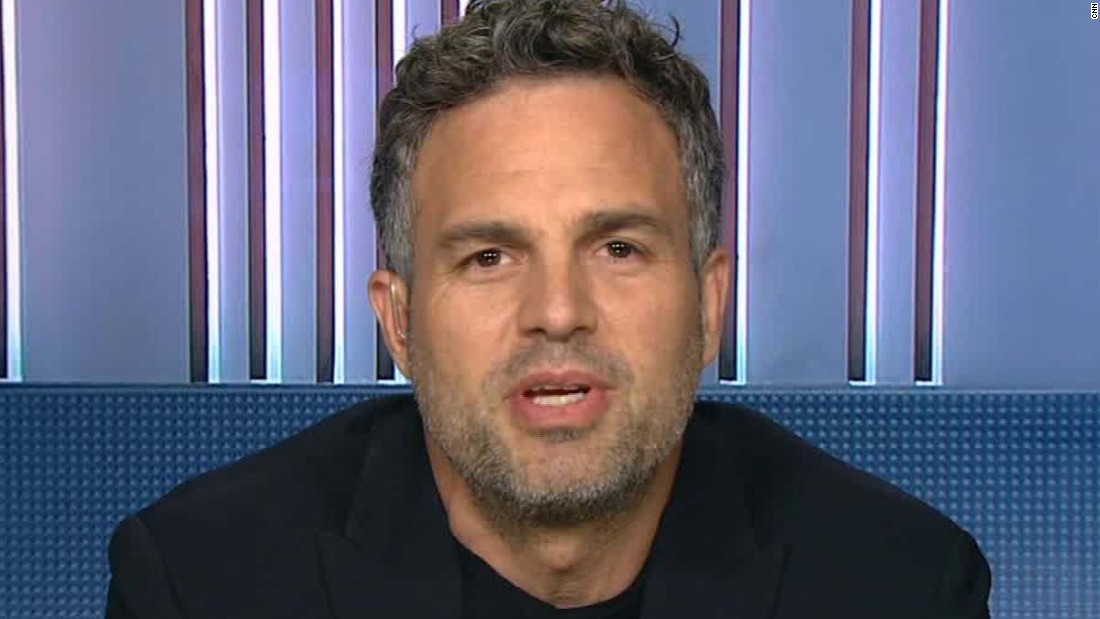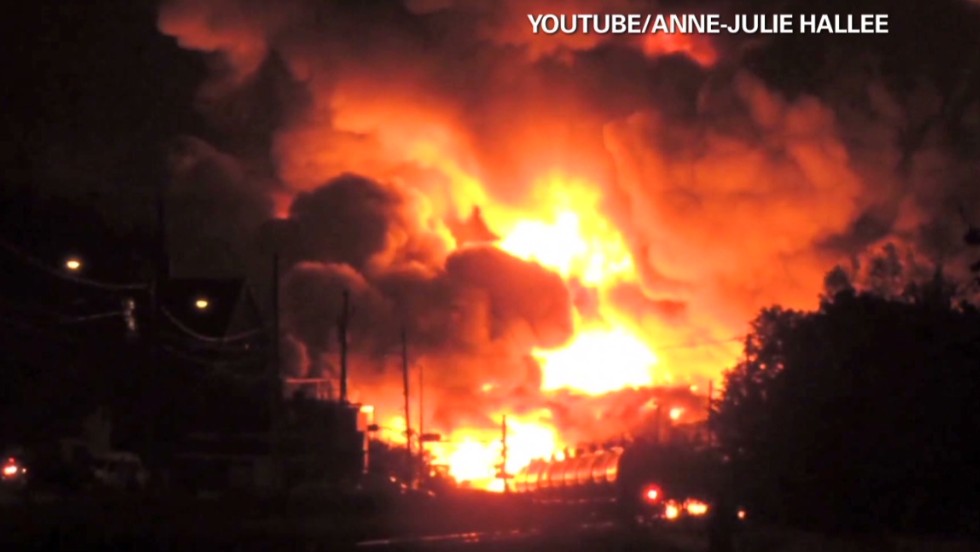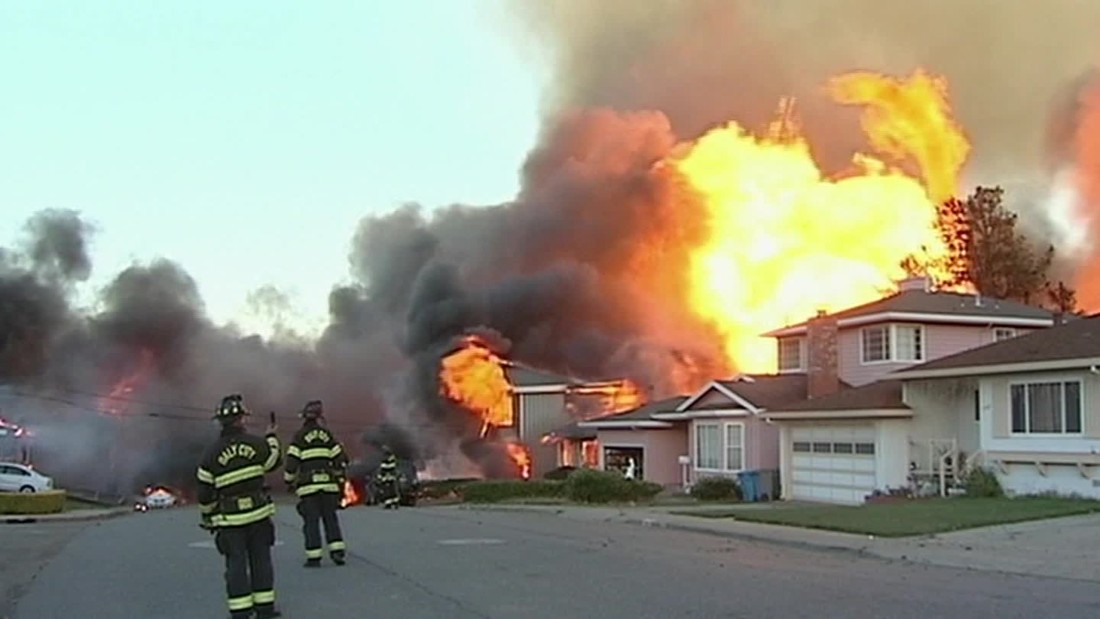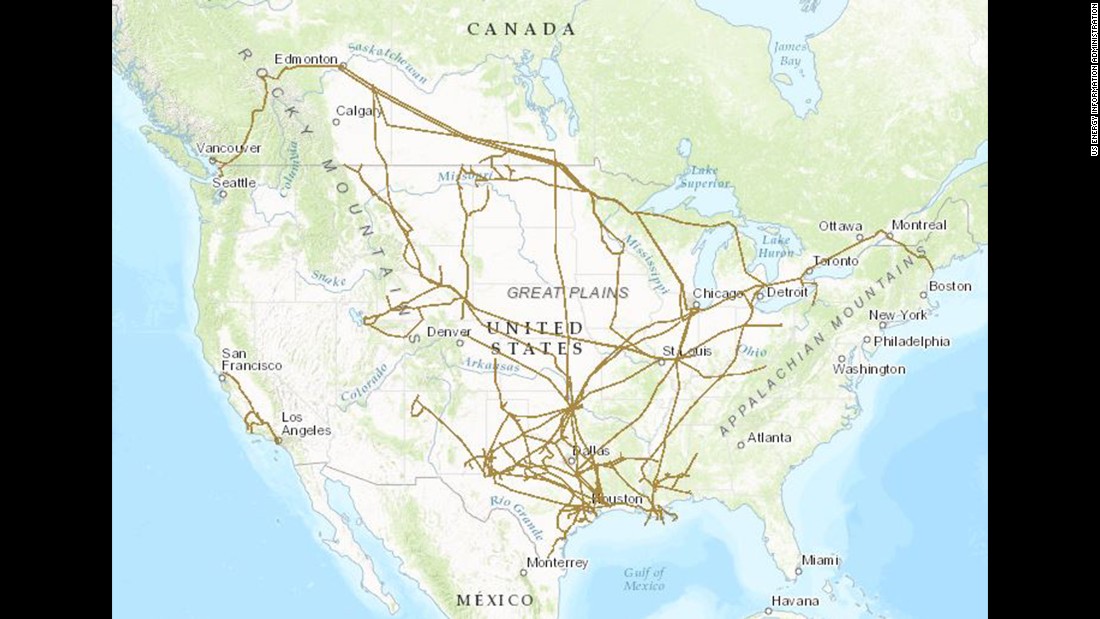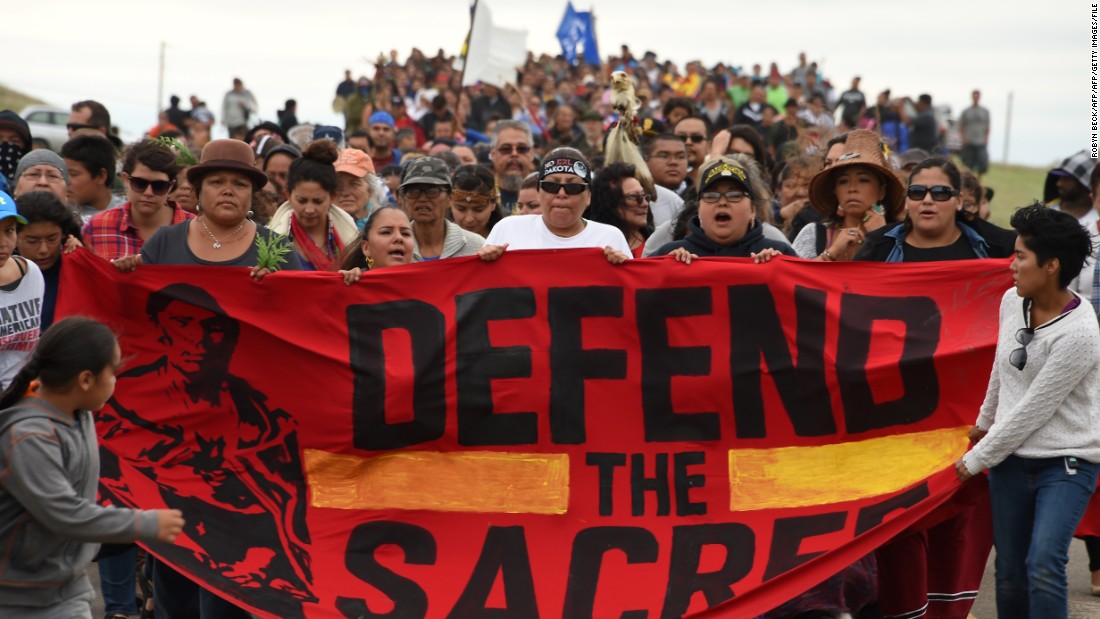Dakota Access Pipeline: Police remove protesters
Posted by John P. Bradford // October 28, 2016
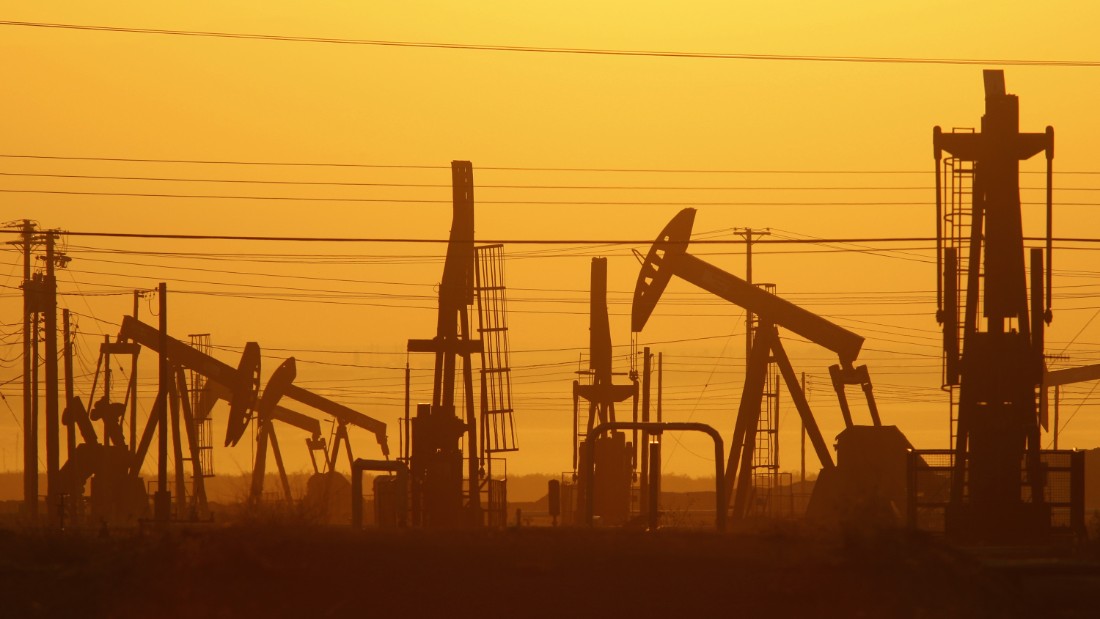
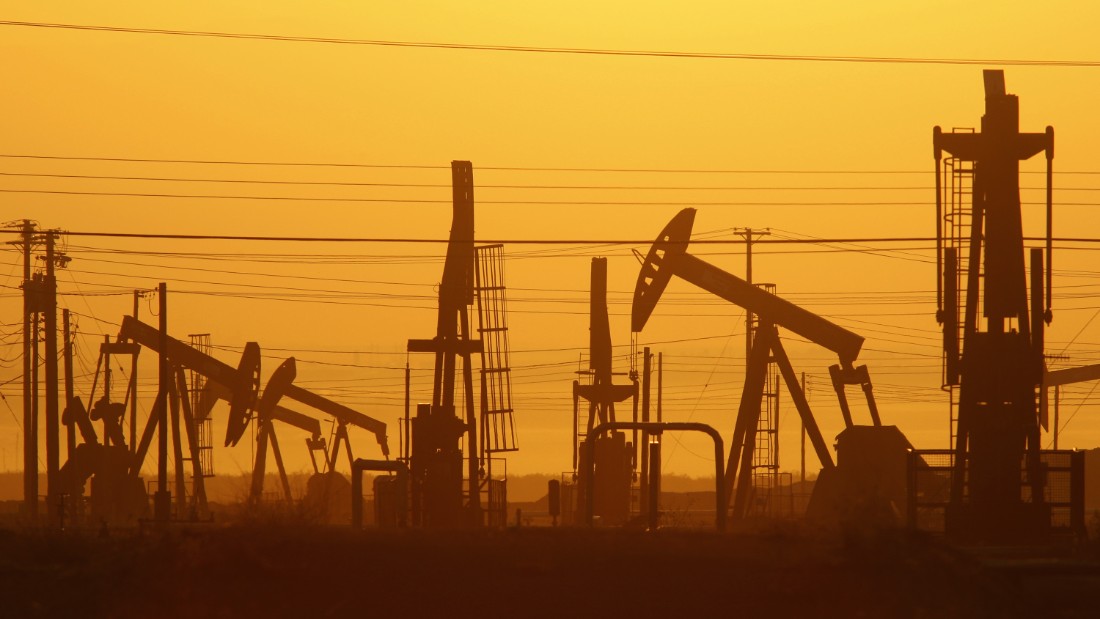
(CNN)Police in riot gear faced off with protesters on horseback as the monthslong protests over the Dakota Access Pipeline came to a head Thursday.
At least 24 protesters have been arrested since law enforcement Humvees and helicopters began to flood the area to break up a protester encampment near the pipeline’s path.
Calling themselves “water protectors,” supporters of the Standing Rock Sioux Tribe
set up tents and teepees on the land, which they said belongs to the tribe under a 19-century treaty.
But authorities said they are trespassing on pipeline property. Officials brought in reinforcements from seven states to remove protesters and dismantle illegal roadblocks made of hay bales and wood.
As the standoff continued into Thursday afternoon, police deployed bean bag rounds and pepper spray gas and unleashed a high-pitched siren to disperse the crowd. Debris on a bridge caught fire, sending thick plumes of smoke into the air.
The long-brewing standoff stems from construction of the 1,172-mile pipeline, which protesters said will threaten the environment and destroy Native American burial sites, prayer sites and culturally significant artifacts. Opponents also cite environmental concerns, including
possible contamination due to breaches and eventual greenhouse gas emissions.
Aggressive tactics
Both sides have accused the other of increasingly aggressive tactics, from police strip-searches and violence, to protesters destroying construction equipment.
The conflict has become a celebrity cause, drawing the support of actors Shailene Woodley, who was
arrested in an October 10 protest, and Mark Ruffalo, who provided infrastructure for the camp, including solar panels.
But Archambault, the tribal chairman, said he thinks the Native Americans are getting short-changed once again.
“What we’re opposed to is paying for all the benefits that this country receives,” he said. Whenever there’s a benefit, whether it’s energy independence or economic development, “tribes pay the cost,” he said.
“And what we see now are tribes from all over sharing the same concern that we have, saying, ‘It’s enough now. Stop doing this to indigenous people. Stop doing this to our indigenous lands.'”
Read more: http://www.cnn.com/2016/10/27/us/dakota-access-pipeline-protests/index.html
